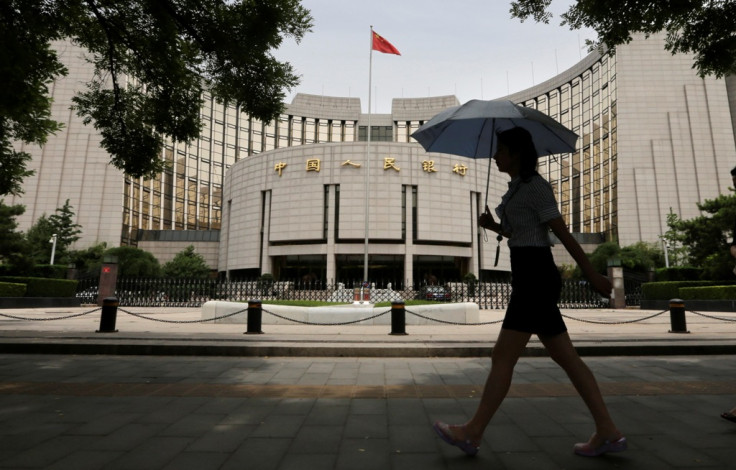China: Slowdown Due to Structural Adjustment, Says Fitch

Slowing of industrial production and investment in China could be the result of macroeconomic rebalancing, and despite the likelihood of continued volatility, there may not be any further policy response to the slowdown, Fitch Ratings has said.
"The period of adjustment was always likely to see a pick-up in macroeconomic volatility, and a smooth outcome is not assured."
"However, any sustained rebalancing and a reduction in growth led by credit-fuelled investment would diminish the structural vulnerabilities factored into the sovereign credit profile."
According to Fitch, a broad-based monetary and fiscal loosening would not be positive for China's sovereign and banking system stability at this stage.
"The rapid pace of credit expansion since 2008 remains a key risk, and a return to similar credit-fuelled investment growth would only be likely to lead to further intensification of China's structural imbalances."
What Data Say
Chinese macroeconomic data indicated a sharp economic slowdown in August, with fixed-asset investment and industrial production growth both recording multi-year lows.
Real estate indicators continued to highlight risks of a more sustained correction amid a slowdown in credit expansion.
Stable consumption indicators including employment and retail sales growth point to ongoing resilience in the labour market, but Fitch added that one should be cautious and not read too much into a few months' figures.
The upside surprise in the September flash HSBC manufacturing PMI conflicts with the generally slower FAI and industrial growth figures.
"A sustained trend of solid consumption and moderating investment would signal the economy is moving towards a broader rebalancing that was announced as a key objective of the country's reform agenda in November 2013," the rating agency said.
Official Stance
Fitch said the comment of Premier Li Keqiang that GDP growth in 2014 could come in below the government's 7.5% target is notable.
"This reinforces Fitch's long-standing view that policymakers will continue to pursue structural adjustment and rebalancing so long as the labour market remains relatively strong."
"The Chinese government seems comfortable with the recent macroeconomic data, and there are not yet clear indications of a strong monetary or fiscal policy response."
So far in 2014, the authorities have engaged in selective easing measures designed to ensure that real GDP growth remains near target while still allowing for structural reforms to address the country's investment overhang.
Fitch said the 17 September decision by the People's Bank of China (PBOC) to inject $81bn through short-term loans into the country's five largest banks not only provides liquidity support but also a means to manage the market liquidity without sending any clear monetary policy signals to the market.
This underscores the authorities' reluctance to turn the credit tap back on, and risk further build-up of structural imbalances.
In this context, liquidity injections would be preferred to a system-wide reserve requirement ratio cut which would send a strong market signal for broad-based loosening.
© Copyright IBTimes 2025. All rights reserved.






















